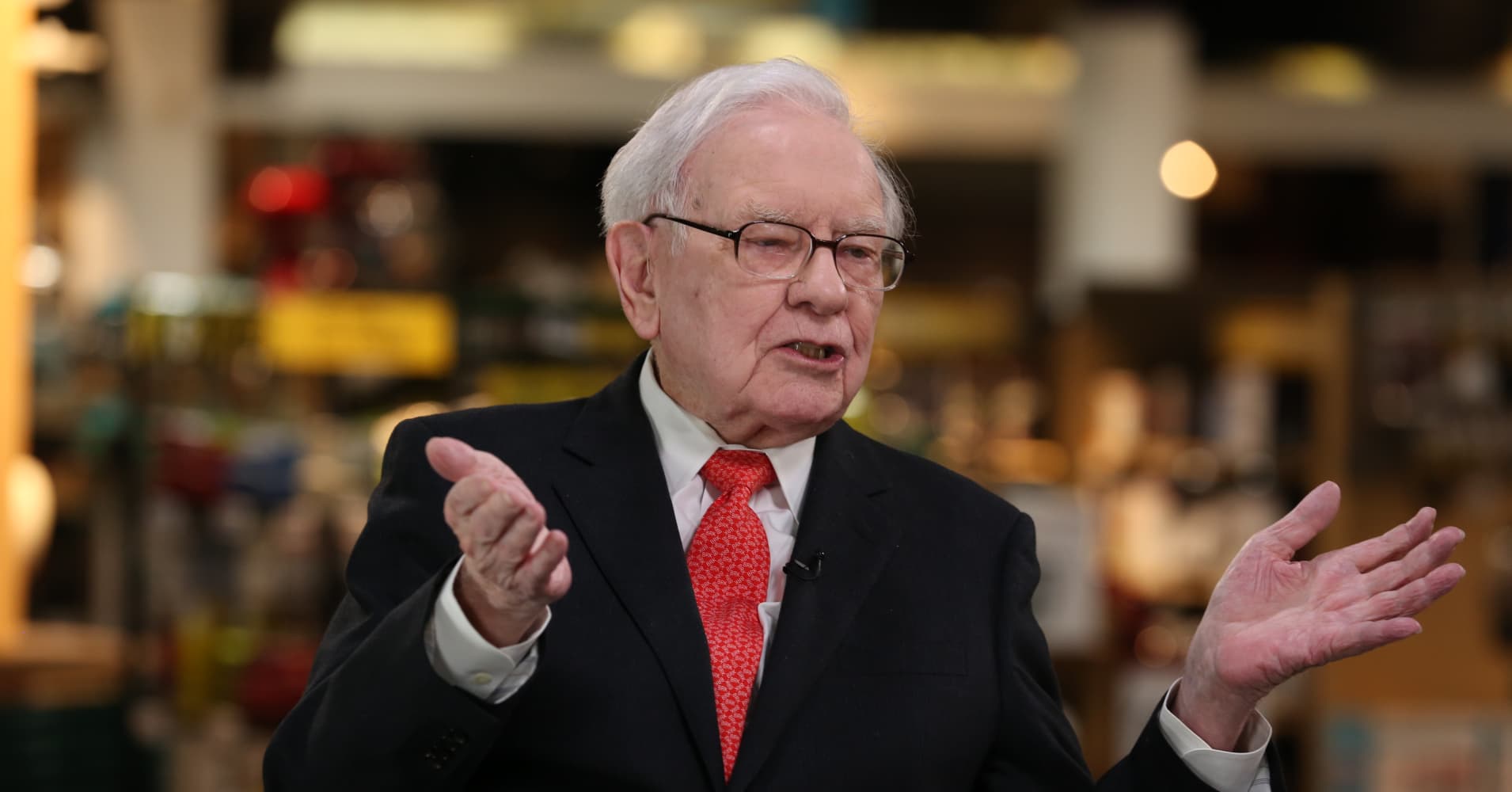
Berkshire Hathaway chairman Warren Buffett has plenty of money. The so-called "Oracle of Omaha" — a nod to both his hometown and his prowess as an investor — is worth $87 billion on Wednesday, according to Forbes.
And that's a whole lot more than most people have. In fact, if you add up the fortunes of Amazon'sJeff Bezos, Microsoft's Bill Gates and Buffett, those three billionaires have more wealth than the entire poorest half of the population in the United States, according to an October report from progressive Washington, D.C.-based think tank Institute for Policy Studies.
But Buffett has an opinion on how to put more cash in the hands of Americans who need it the most: He recommends expanding the Earned Income Tax Credit.
"The Earned Income Tax Credit is the best way to put money in the pockets of people that don't fit well under the market system, but that are perfectly decent citizens and that have made a good bit of the success," Buffett told Yahoo Finance's editor-in-chief, Andy Serwer, in an interview published Monday.
The Earned Income Tax Credit (EITC) is designed to "benefit for working people with low to moderate income," according to the U.S. Internal Revenue Service. "EITC reduces the amount of tax you owe and may give you a refund."
Highlight: "Earned income tax credit is the best way to put money in people's pockets," says Warren Buffett on income inequality. Full segment:
Various criteria have to be met for someone to benefit from the EITC, including earning income from working or owning or running a business or a farm and having no more than $3,500 in investment income for the tax year. The full details on the current requirements for the EITC vary depending on whether a person is single or married and how many children are claimed, according to the U.S. Internal Revenue Service.
For 2019, the maximum amount of credit a person can receive via the EITC ranges from $529 (with no qualifying children) and $6,557 (with three or more qualifying children), according to the IRS. In a 2015 Wall Street Journal op-ed Buffet suggested increasing dollar amounts for the credit, especially for those who earn the least. He also suggested switching from an annual payment to monthly installments, among other changes.
If you are "just a good citizen, raise nice kids, help in the neighborhood and everything else, but you don't have market-related skills," you should still be able to afford to live, Buffett tells Serwer, pointing out that the United States government has access to enough resources to provide for everyone. Case in point, says Buffett: the per person gross domestic product in the U.S. is close to $60,000.
"They need more cash in their pocket," Buffett says, and that is what the EITC does.
Buffett says an expanded EITC is a more productive solution than raising the minimum wage (which at a federal level is $7.25 cents per hour; 29 states and Washington D.C. have state law requiring a higher minimum wage, according to the Department of Labor).
"The minimum wage would be one way to say, 'Well, we will make sure they have enough money in their pocket.' But. That's got a lot of effects in disturbing the market system," Buffett says. It "would almost certainly reduce employment in a major way, crushing many workers possessing only basic skills," he wrote in the Journal. "Smaller increases, though obviously welcome, will still leave many hardworking Americans mired in poverty."
Some experts agree with Buffett's assessment, while other experts say there is not a clear relationship between the minimum wage and unemployment.
Fundamentally, Buffett wants to provide for those who are unable to be financially successful in a market economy but who are willing to work.
"You want them to feel part of the system and you want them to get — as more and more of these golden eggs are laid — you want them to get a little bit more of their share," Buffett says.
See also:
Warren Buffett: This is how to be successful
Billionaire Ray Dalio: 'Of course' rich people like me should pay more taxes
Bill Gates: Taxes on rich should be 'much higher' but capitalism still works — here's why
Like this story? Subscribe to CNBC Make It on YouTube!
via IFTTT
No comments:
Post a Comment